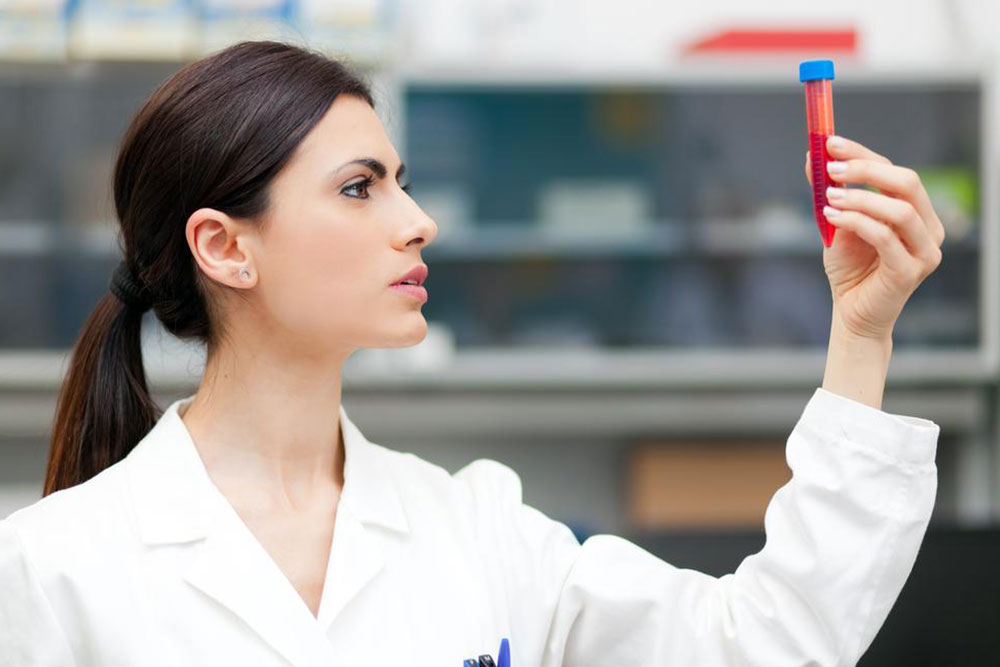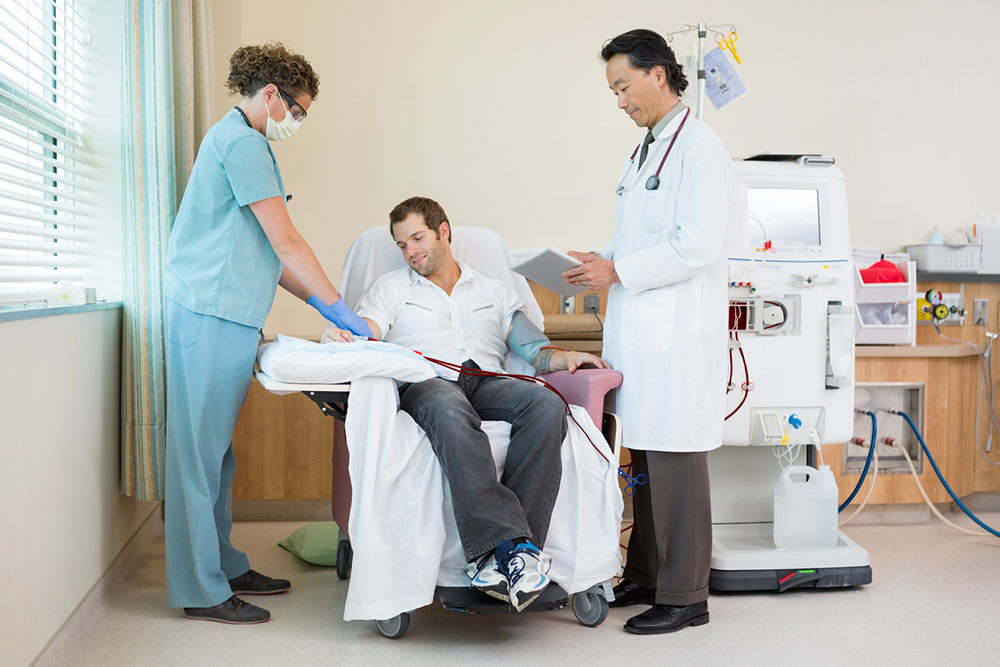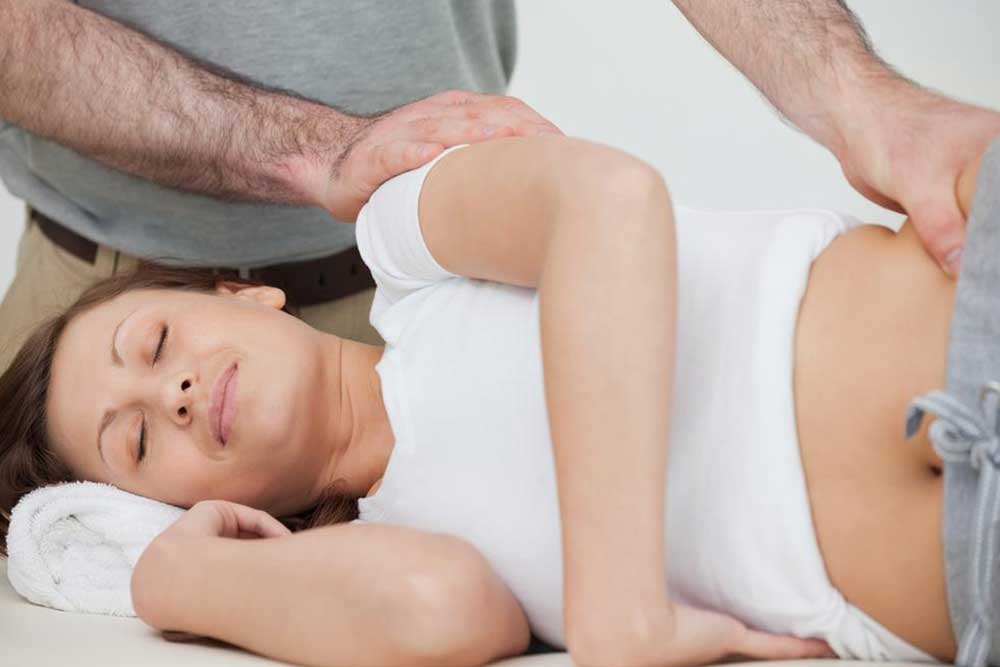Understanding Elevated Creatinine: Causes, Symptoms, and Solutions
This article explores the causes, symptoms, and management strategies for high creatinine levels, emphasizing the importance of regular monitoring, lifestyle changes, and early intervention to protect kidney health. Understanding these factors can help individuals maintain optimal renal function and prevent complications.
Sponsored

Creatinine is a waste product produced when muscles break down creatine phosphate. Typically, it is generated constantly, filtered by the kidneys, and eliminated through urine. Doctors use blood and urine tests to monitor creatinine levels as an indicator of kidney health. Elevated levels may signal kidney issues, such as chronic kidney disease.
Interpreting Creatinine Levels High creatinine levels often show no initial symptoms, making regular testing essential for detection through blood panels like BMP.
The BMP test assesses various blood components, including creatinine, glucose, calcium, sodium, potassium, CO2, chloride, and BUN. Urine testing may also confirm high creatinine levels.
Normal blood creatinine ranges from 0.7 to 1.2 mg/dL. For urine, typical daily amounts are 955-2,936 mg for men and 601-1,689 mg for women. Elevated levels may require medical attention, considering factors like muscle mass, age, hydration, and preexisting conditions for accurate assessment.
Causes of Elevated Creatinine High creatinine generally indicates kidney impairment. Causes can be temporary or chronic. Temporary spikes may result from high protein intake, dehydration, or strenuous exercise, which temporarily hinder kidney function. Persistent elevation often stems from underlying health issues damaging the kidneys, including:
Kidney infections or pyelonephritis
Glomerulonephritis
Diabetes
Hypertension
Heart diseases like heart failure or clogged arteries
Urinary blockages such as kidney stones
Acute or long-term kidney failure
Signs and Symptoms Elevated creatinine may be symptomless initially. As kidney function declines, symptoms like reduced urine output, swelling, blood or protein in urine, shortness of breath, fatigue, nausea, itching, or seizures can appear due to waste buildup and fluid retention.
Managing Elevated Creatinine To control high creatinine levels, identifying and treating the root cause is vital. Lifestyle adjustments, such as eating a low-protein diet, regular light exercise, and overall healthier habits, can support kidney health and promote waste elimination.
Preventive Tips While certain risk factors are unavoidable, adopting healthy habits helps maintain normal creatinine levels. This includes a balanced diet rich in whole foods, limiting high-protein foods, staying well-hydrated with about eight glasses of water daily, and engaging in moderate physical activity. Routine kidney checkups are particularly important for those with conditions like hypertension or diabetes to catch issues early and preserve kidney function.






